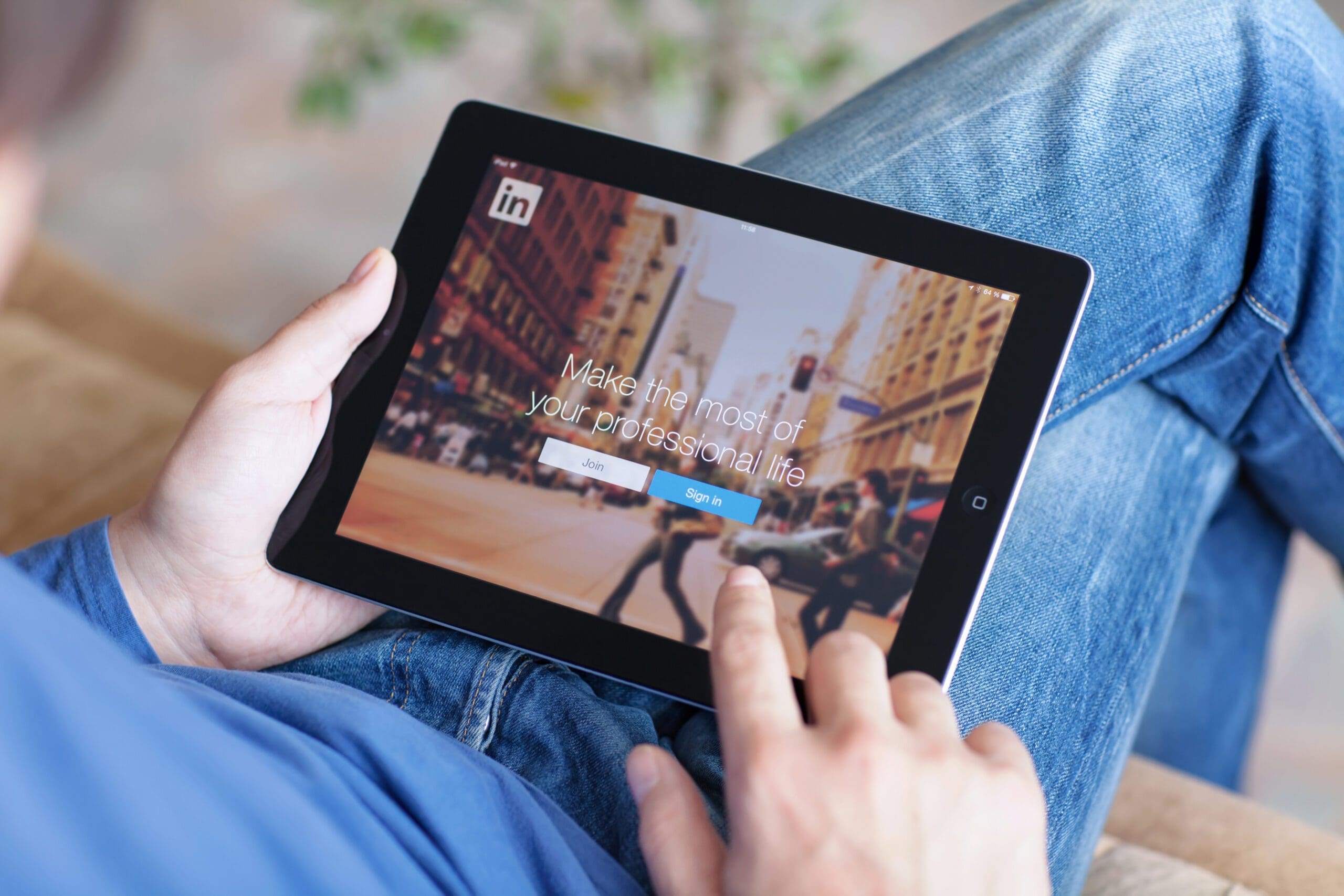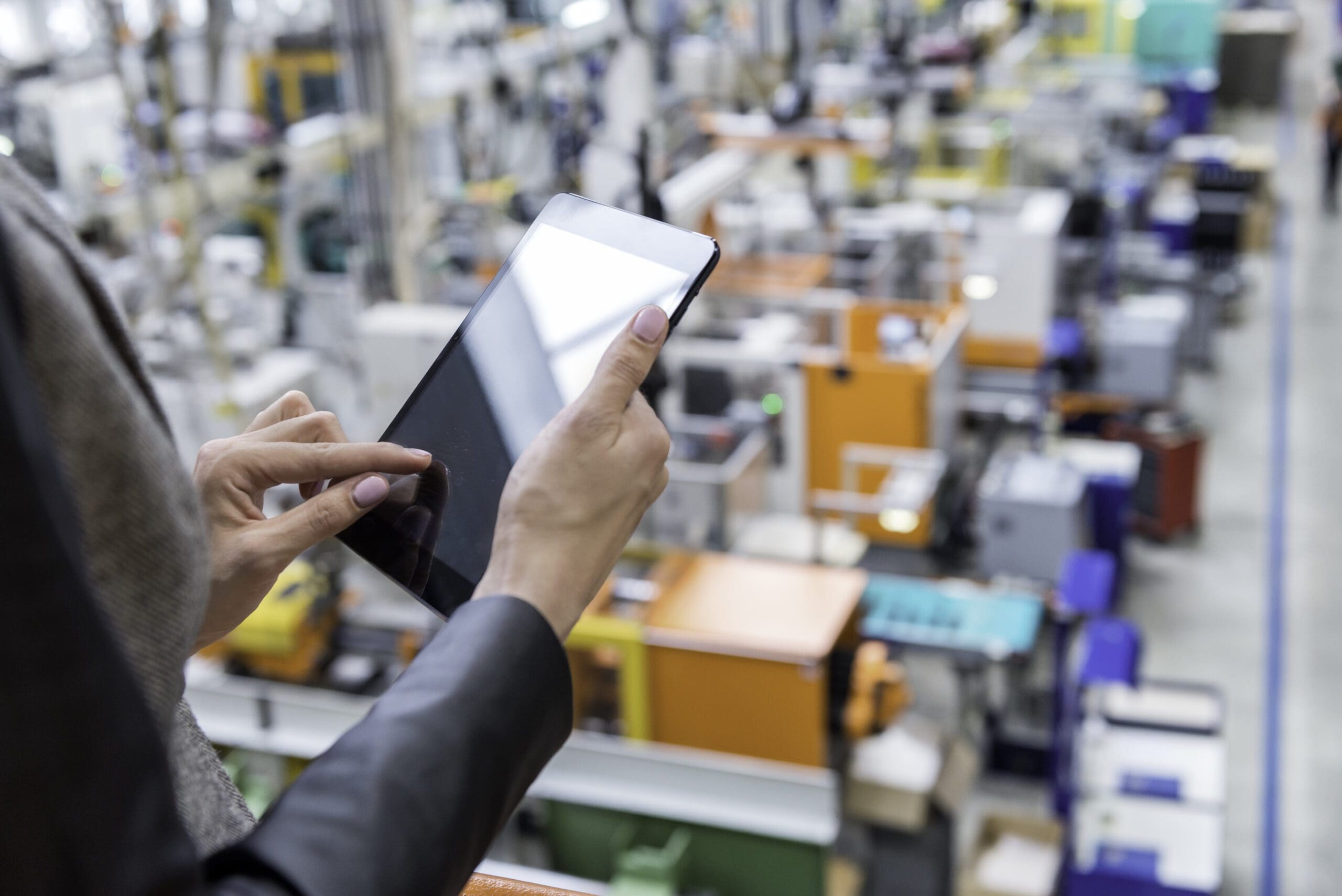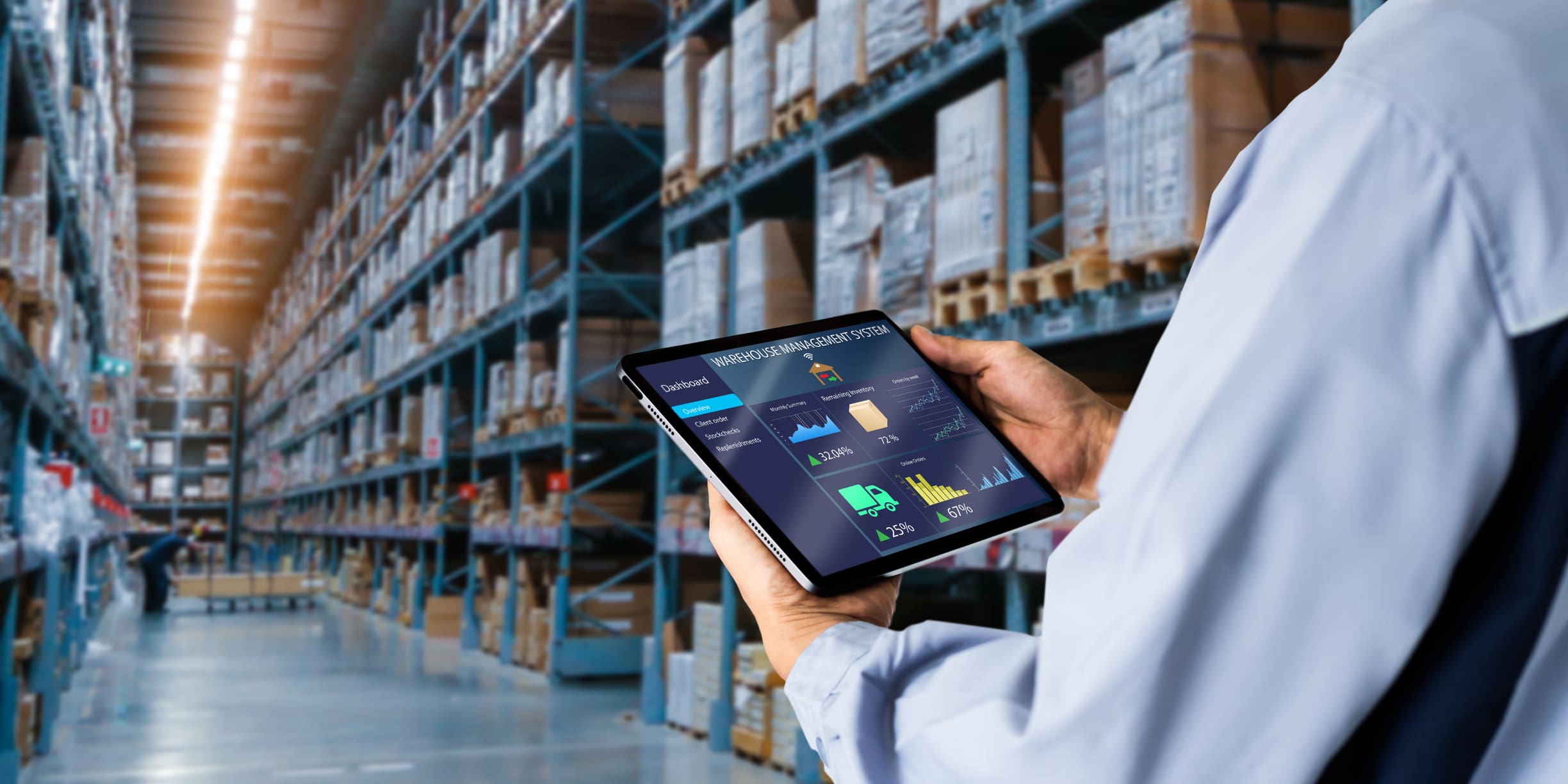Instagram influencer marketing helps companies build relationships with customers while growing sales. Small and large companies can use instagram influencer marketing to grow their business and build brand awareness. Keep reading to learn how to use influencer marketing on Instagram.
What is an influencer?
An influencer is someone who has gained a large following on a social media platform, website, podcast, or YouTube. They tend to be an expert or possess respected thoughts and opinions about a particular niche or industry. Because of this expertise, and because their followers respect their opinions, an influencer holds some clout with the potential target audiences that companies want to reach. An influencer has the power to persuade and directly affect the purchasing decisions of many individuals with a single post or piece of content. Because of this, many companies have found influencer marketing to be beneficial for their brand.
Different types of influencers
There are many different types of influencers that cover a variety of different niches and industries. The main types of influencers include celebrities like artists, athletes, actors, musicians, and pop culture icons. Influencers also include industry experts and thought leaders, micro-influencers and social media stars, and bloggers and content creators. All these different types of influencers use social media to inform, persuade, and inspire their followers on a variety of subjects. When they use their voice and their platform to inform and persuade their followers about specific brands and/or products or services, they then are participating in influencer marketing. Of all the different social media platforms, by far the most popular platform for influencers is Instagram. Here are some examples of some of the most popular and famous Instagram influencers from each of the previously mentioned categories of influencer types.
- Celebrities: Celebrity influencers can be artists, athletes, actors, musicians, and/or pop icon stars. Some of the most popular celebrity influencers in the world include Cristiano Ronaldo, Selena Gomez, Kylie Jenner, Leo Messi, Kendall Jenner, Beyonce, Billie Eilish, Ariana Grande, Taylor Swift, and the Rock.
- Industry experts and thought leaders: Industry experts and thought leaders are trusted sources of information for individuals looking for advice and recommendations within a particular industry or niche. Some of the most famous industry expert influencers include Tim “Shmee” Burton for automotive, Huda Kattan for beauty, Richard Branson for business, Chiara Ferragni for fashion, Jamie Oliver for culinary, Mark Fischbach for gaming and technology, Kayla Itsines for health and fitness, and Chris Burkard for travel.
- Social media stars: Social media stars are influencers who are only famous for their social media presence and not because they are an actor, musician, or television personalities. Their rise to fame came from their YouTube channels and/or their social media accounts. Some examples of social media stars include Whindersson Nunes a Brazilian comedian and YouTube Star, Eleanora Pons a Venezuelan-American social media star who became famous on Vine, and Nurset, the most popular cooking influencer on the web.
- Lifestyle bloggers: Lifestyle bloggers share blog posts about their everyday lives and interests. Because of this, lifestyle blogger influencers are seen by their followers as genuine and relatable. Some of the most famous lifestyle bloggers include Zoe Sugg, Lauren Conrad, Julie Sarinana, and Jack Morris.
Within these different categories of influencer types, there are also categories for what type of influencer someone would be considered based on the number of followers they have. Here is a breakdown of those categories.
- Nano-influencers: 1,000 to 10,000 followers.
- Micro-influencers: 10,000 to 50,000 followers.
- Mid-tier influencers: 50,000 to 500,000 followers.
- Macro-influencers: 500,000 to 1,000,000 followers.
- Mega-influencers: 1,000,000 or more followers.
What is instagram influencer marketing?
Influencer marketing is when a brand leverages an influencer to drive traffic and conversion to its brand. Different companies and/or brands may seek the services of a variety of influencers to serve different purposes. Sometimes an influencer can be used to simply increase brand awareness, and other times influencers can be used to directly promote specific products and/or services. Some examples of influencer marketing include sponsored Instagram posts or stories, sponsored blog posts, and sponsored offline events and appearances like meet and greets, store openings, and conferences.
How does Instagram influencer marketing work for eCommerce businesses?
When an eCommerce business already has an established product and their existing customers love it, they may seek out an influencer to help market their product to take their sales to the next level. Often, a company will send the product to the influencer free of charge, and depending on the magnitude of the influencer’s following, an additional payment may be made in exchange for their services. The influencer may make a “reveal video” where they unbox the newly acquired merchandise, or they could create another type of content like a sponsored video, Instagram story, or Instagram post. The purpose of their content would be to promote the product as well as provide detailed information about where and how the product can be purchased. Instagram influencers can be extremely cost-effective for eCommerce businesses that may not have the same large marketing budgets that larger corporations have.
Benefits of using Instagram influencer marketing for eCommerce
There are several benefits that an eCommerce company can take advantage of when they decide to utilize the power of influencer marketing. When an eCommerce company uses influencer marketing they can boost their brand awareness, build trust with an audience who may become new customers, reach a niche audience group, improve the quality of your link profile by generating natural backlinks, and prove easy to track performance markers.
What should I look for in an influencer?
When considering which influencers may be best for your eCommerce business, there are several ways you can judge the effectiveness of the prospective influencer. Here are two of the most important things to consider when your brand is looking to employ the services of an influencer.
- Content quality and relevance: Finding an influencer with a large number of followers is a good thing, however, you do not want to be blinded simply by how large the influencer’s following is. Ask yourself if the influencer reaches the people who you consider to be your target audience. Are they relevant to your industry or niche? Do they create quality content that is free from spelling and grammatical errors and that is aligned with the values of your brand?
- Audience engagement and post frequency: How often does the influencer post content? Do they engage with their followers, or do they only offer one-way communication? Do they post too much content causing their posts to get lost in the noise? Do they post so infrequently that their followers are disinterested? Audience data that tracks website traffic, time spent on site, and pageviews, can be extremely helpful when making your decision about an influencer.
Lastly, you will want to make sure that the influencer is professional, responsive, and that they understand your goals and expectations. In return, you will want to make sure that you pay them what they are worth. Influencer marketing can have a high return on investment if done correctly. To attract the best influencers within your niche or industry, a fair compensation package should be expected.
Instagram influencer marketing tips
When considering influencer marketing for your brand and/or eCommerce business you should remember the following quick tips. Remembering these Instagram marketing tips may be the difference between a mediocre and a wildly successful influencer market campaign on Instagram.
- Find an influencer with expertise in your industry or that is relevant to your niche.
- Consider asking an agency to find the right influencer for your brand.
- Set out all your goals and expectations from the very beginning.
- Effectively communicate these goals to your influencer.
- Track all Instagram campaigns closely using all the provided metrics.
- Check out all past campaigns and collaborations that the influencer has worked on.
- Make sure the followers of your influencer match your target audience.
- Choose an influencer that fits your brand.
These quick eight tips are simply the most basic steps you can take to increase the chances that your Instagram influencer marketing campaign will be successful. Ultimately, it boils down to finding the right influencer for your brand and the goals of your campaign.
Learn about Kickfurther
Instagram influencer marketing can raise awareness and boost sales for your company. As sales increase, you will probably need to stock more inventory. The more inventory you need, the more cash you will need. To avoid cash flow problems or lost sales, you may need to access inventory financing. Kickfurther is the world’s first online inventory financing platform that enables companies to access funds that they are unable to acquire through traditional sources. We connect brands to a community of eager buyers who help fund the inventory on consignment and give brands the flexibility to pay that back as they receive cash from their sales. This alleviates the cash-flow pinch that lenders can cause without customized repayment schedules, allowing your brand to scale quickly without impeding your ability to maintain inventory or financial flexibility.
Accelerate your growth, unlock affordable inventory financing today at Kickfurther!









